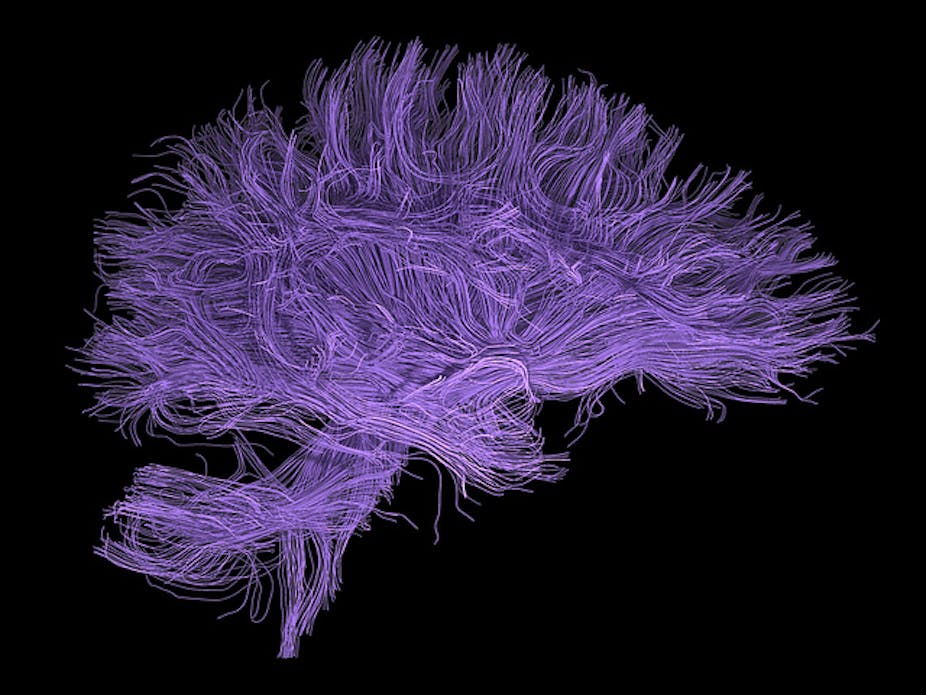Brains are smart enough to rewire themselves, a new international study of rats has found.
The study turns on its head the common misconception brain damage is irreversible, showing the precise neural pathways that can compensate after damage to memory structures in the brain.
The work has implications for Alzheimer’s disease, stroke and other neurological disorders.
The new study, published in the journal Proceedings of the National Academy of Sciences (PNAS), showed specific regions of the prefrontal cortex, which plans cognitive and social behaviour, were able to act as a substitute following damage to the brain’s learning centre – the hippocampus.
The study, which involved researchers from University of Southern California, Los Angeles and the Garvan Institute, showed that rats could learn new things, even after injury to the hippocampus.
Co-author of the study, Bryce Vissel from the Garvan Institute’s Neuroscience research program, said the findings could help scientists better understand Alzheimer’s disease.
“It’s really the first anatomical, cellular activity based analysis of the regions of the brain involved in compensation that occurs after the memory centre of the brain is damaged,” he said.
Rewiring and recovery
Winthrop Professor of Anatomy, Physiology and Human Biology at the University of Western Australia, Alan Harvey, said the study was interesting. He felt it was consistent with existing studies that showed the brain can maintain or add new information as it aged.
Dr Paul Bertrand, a Senior Lecturer in the School of Medical Sciences at RMIT University, said it was “a technically difficult study which showed very elegantly that a particular type of learning can be recovered following brain damage.”
“Importantly, this identification can lead further studies to target these areas in an effort to enhance the process of rewiring and recovery,” said Dr Bertrand, who was not involved in the research. He added that the findings offered hope for sufferers of Alzheimer’s.
“What this means is that there may be ways of helping people recover which might seem counter-intuitive at first.”

